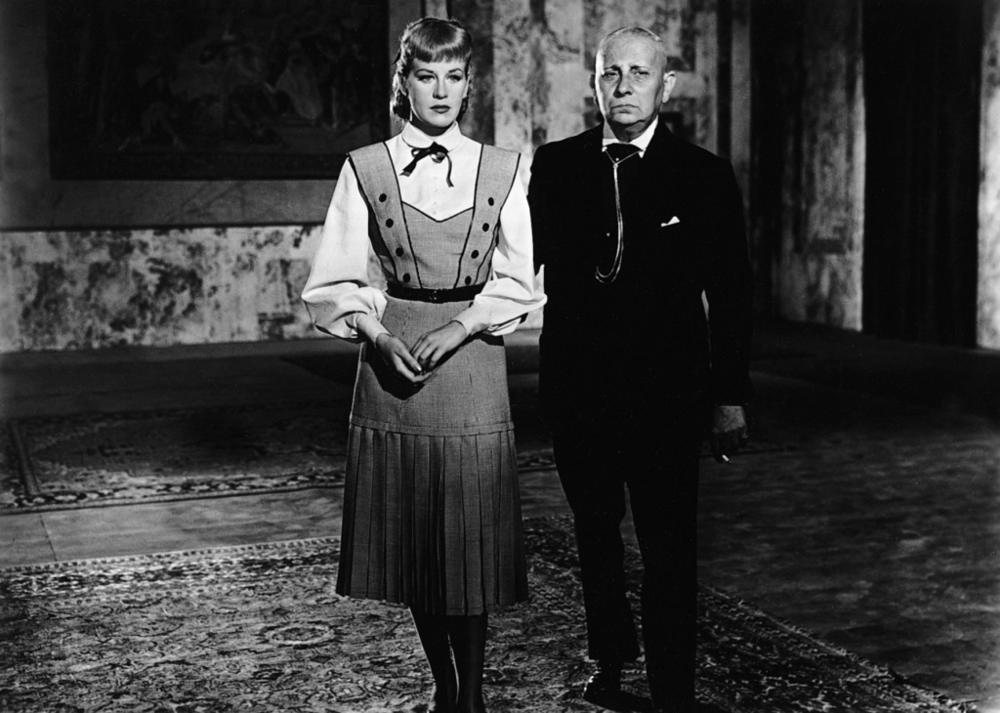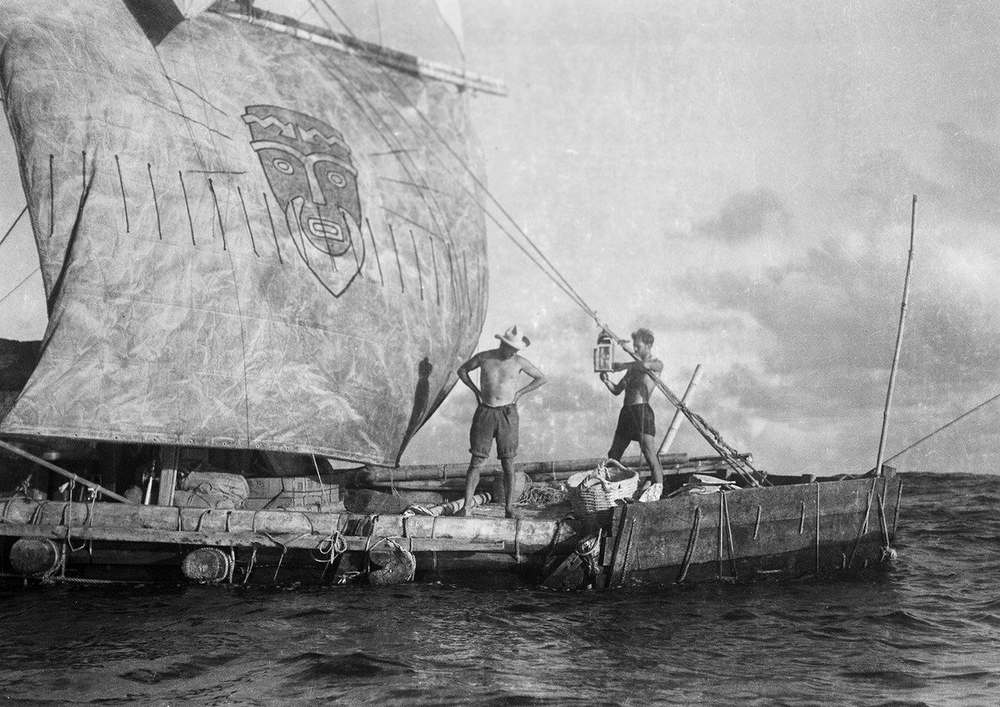Психология массовых коммуникаций - Ричард Харрис
Книгу Психология массовых коммуникаций - Ричард Харрис читаем онлайн бесплатно полную версию! Чтобы начать читать не надо регистрации. Напомним, что читать онлайн вы можете не только на компьютере, но и на андроид (Android), iPhone и iPad. Приятного чтения!
Шрифт:
Интервал:
Закладка:
Ahn, W.-K., Brewer, W. F., Mooney. R. J. (1992). Schema acquisition from a single example. Journal of Experimental Psychology: Learning, Memory, and Cognition. 18, 391–412.
Alali, A. O., Eke, К . К . (Eds.). (1991). Media coverage of terrorism: Methods of diffusion. Newbury Park , CA : Sage.
Alesandrini. K. L. (1983). Strategies that influence memory for advertising communications. In: R. J. Harris (Ed.). Informationprocessing research in advertising (p. 65–82). Hillsdale , NJ : Lawrence Eribaum Associates.
Alien, M., D'Alcssio, D., Brezgel, K. (1995). A meta-analysis summarizing the effects of pornography II: Aggression after exposure. Human Communication Research, 22, 258–283.
Alien, M., Emmers, Т ., Gebhardt, L., Giery, M.A. (1995). Exposure to pornography and acceptance of rape myths. Journal of Communication, 45(1), 5–26.
Alsop, R. (1988, January 26). Advertisers retreat from making direct pitch to the gay market. Wall Street Journal, p. 33.
Altheide, D. L. (1976). Creating reality: How TV news distorts events. Beverly Hills, CA: Sage. Alvarado. M., Gutch, R., Wollen, T. (1987). Learning the media: An introduction to media teaching. London: Macmillan.
Alwitt, L. R, Deighton, J., Grimm, J. (1991). Reactions to political advertising depend on the nature of the voter-candidate bond. In: F. Biocca (Ed.). Television and political advertising: Vol. I. Psychological processes (p. 329–350). Hillsdale, NJ: Lawrence Eribaum Associates.
Amador. O. G. (1988). Latin lovers. Lolita, and La-Bamba. Americas, 40(4), 2–9.
Amaral. R., Guimaraes, C. (1994). Media monopoly in Brazil. Journal of Communication, 44(4). 26–38. Andersen. P. A., Kibler. R. J. (1978). Candidate valence as a predictor of voter preference. Human Communication Research, 5, 4–14.
Anderson, D. R. (1985). On-line cognitive processing of television. In: L. F. Alwitt A. A. Mitchell (Eds.). Psychological processes and advertising effects (p. 177–199). Hillsdale, NJ: Lawrence Eribaum Associates.
Anderson, D. R. (1998). Educational television is not an oxymoron. The Annals of the American Academy of Political and Social Science, 557, 24–38.
Anderson, D. R., Burns, J. (1991). Paying attention to television. In: J. Bryant D. Zillmann (Eds.). Responding to the screen: Reception and reaction processes (p. 3–25). Hillsdale, NJ: Lawrence Eribaum Associates.
Anderson. D. R., Field, D. E. (1991). On-line and off-line assessment of the lelevision audience. In: J. Bryant D. Zillmann (Eds.). Responding to the screen: Reception and reaction processes (p. 199–216). Hillsdale, NJ: Lawrence Eribaum Associates.
Andreasen, M. S. (1994). Patterns of family life and television consumption from 1945 to the 1990s. In: D. Zillmann, J. Bryant, A. C. Huston (Eds.). Media, children, and the family: Social scientific, psychodynamic, and clinical perspectives (p. 19–36). Hillsdale NJ: Lawrence Eribaum Associates.
Apter, M. J. (1982). The experience of motivation: The theory of psychological reversals. San Diego, CA: Academic Press.
Arias, M. B. (1982). Educational television: Impact on the socialization of the Hispanic child. In: G. L. Berry C. Mitchell-Kernan (Eds.). Television and the socialization of the minority child (p. 203–211). New York: Academic Press.
Arms, R. L., Russell, G. W, Sandilands. M. L. (1979). Effects on the hostility of spectators of viewing aggressive sports. Social Psychology Quarterly, 42, 275–279.
Armstrong, G. В ., Neuendorf; K. A., Brentar, J. E. (1992). TV entertainment, news, and racial perceptions of college students. Journal of Communication, 42(3), 153–176.
Assman, H. (1987 a). La iglesia electronica у su impacto en America latina (The electronic church and its impact in Latin America). San Jose, Costa Rica: DEI. Assman, H. (1987 b). Phenomenal growth of sects, electronic church related to continent's poverty. Latin America Press, 19(16), 5–6.
Atkin, C., Arkin, E. B. (1990). Issues and initiatives in communicating health information. In: C. Atkin L. Wallack (Eds.). Mass communication and public health (p. 13–40). Newbury Park, CA: Sage.
Atkin, C., Greenberg, В ., McDermott, S. (1983). Television and race role socialization. Journalism Quarierly, 60(3), 407–114.
Austin, E. W., Roberts, D. F., Nass, C. I. (1990). Influences of family communication in children's television-interpretation processes. Communication Research, 17, 545–564.
Bacchetta, V (1987). Brazil's soap operas: ''Huge dramas where the country portrays itself. Latinamerica Press. 19(9), 5–6.
Bachen, С . М . (1998). Channel One and the education of American youths. The Annals of the American Academy of Political and Social Science, 557, 132–147.
Bachy, V. (1976). Danish "permissiveness" revisited. Journal of Communication, 26, 40–43.
Backer, T. E., Rogers, E. M., Sopory, P. (1992). Designing health communication campaigns: What works? Newbury Park, CA: Sage.
Baggaley, J. P. (1988). Perceived effectiveness of interactional AIDS campaigns. Health Education Research: Theory and Practice, 3, 1–17.
Baggett, P. (1979). Structurally equivalent stories in movie and text and the effect of the medium on recall. Journal of Verbal Learning and Verbal Behavior, IS, 333–356.
Bald, M. (1998, May). Africa's wonderchild. World Press Review, 45, p. 22.
Ball, S., Bogatz., G. A. (1970). The first year of Sesame Street: An evaluation. Princeton, NJ: Educational Testing Service.
Bancroft, J., Mathews, A. (1971). Autonomic correlates of penile erection. Journal of Psychosomatic Research, 15, 159–167.
Bandura, A. (1977). Social learning theory. Englewood Cliffs, NJ: Prentice-Hall.
Bandura, A., Ross, D., Ross, S. A. (1961). Transmission of aggression through imitation of aggressive models. Journal of Abnormal and Social Psychology, 63, 575–582.
Bandura, A., Ross, D., Ross, S. A. (1963). Imitation of film-mediated aggressive models. Journal of Abnormal and Social Psychology, 66, 3–11 Bandura, A., Walters. R. H. (1963). Social learning and personality development. New York: Holt, Rinehart Winston.
Barbaree, H. E., Marshall, W. L., Lanthier, R. D. (1979). Deviant sexual arousal in rapists. Behavior Research and Therapy, 17, 215–222.
Barcus, F. E. (1980). The nature of television advertising to children. In: E. L. Palmer A. Dorr (Eds.). Children and the faces of television: Teaching, violence, and selling (p. 273–285). New York: Academic Press.
Barcus, F. E. (1983). Images of life on children's television. New York: Prager.
Barnett, M. A., Klassen, M., McMinimy, V, Schwarz, L. (1987). The role of self- and other-oriented motivation in the organ donation decision. Advances in Consumer Research, 14, 335–337.
Прочитали книгу? Предлагаем вам поделится своим отзывом от прочитанного(прослушанного)! Ваш отзыв будет полезен читателям, которые еще только собираются познакомиться с произведением.
Уважаемые читатели, слушатели и просто посетители нашей библиотеки! Просим Вас придерживаться определенных правил при комментировании литературных произведений.
- 1. Просьба отказаться от дискриминационных высказываний. Мы защищаем право наших читателей свободно выражать свою точку зрения. Вместе с тем мы не терпим агрессии. На сайте запрещено оставлять комментарий, который содержит унизительные высказывания или призывы к насилию по отношению к отдельным лицам или группам людей на основании их расы, этнического происхождения, вероисповедания, недееспособности, пола, возраста, статуса ветерана, касты или сексуальной ориентации.
- 2. Просьба отказаться от оскорблений, угроз и запугиваний.
- 3. Просьба отказаться от нецензурной лексики.
- 4. Просьба вести себя максимально корректно как по отношению к авторам, так и по отношению к другим читателям и их комментариям.
Надеемся на Ваше понимание и благоразумие. С уважением, администратор knigkindom.ru.
Оставить комментарий
-
 Raibaru_Tate30 январь 14:35
https://boosty.to/raibaru перевожу для себя всю серию, если интересно можете глянуть...
Искра вечного пламени - Пенн Коул
Raibaru_Tate30 январь 14:35
https://boosty.to/raibaru перевожу для себя всю серию, если интересно можете глянуть...
Искра вечного пламени - Пенн Коул
-
 Гость Ирина30 январь 10:31
Офигенная книга,очень понравилась,спасибо. ...
Присвоенная по праву сильнейших - Наташа Фаолини
Гость Ирина30 январь 10:31
Офигенная книга,очень понравилась,спасибо. ...
Присвоенная по праву сильнейших - Наташа Фаолини
-
 Гость Ирина27 январь 07:29
Мне понравилась история. Спасибо....
Их - Хэйзел Гоуэр
Гость Ирина27 январь 07:29
Мне понравилась история. Спасибо....
Их - Хэйзел Гоуэр










